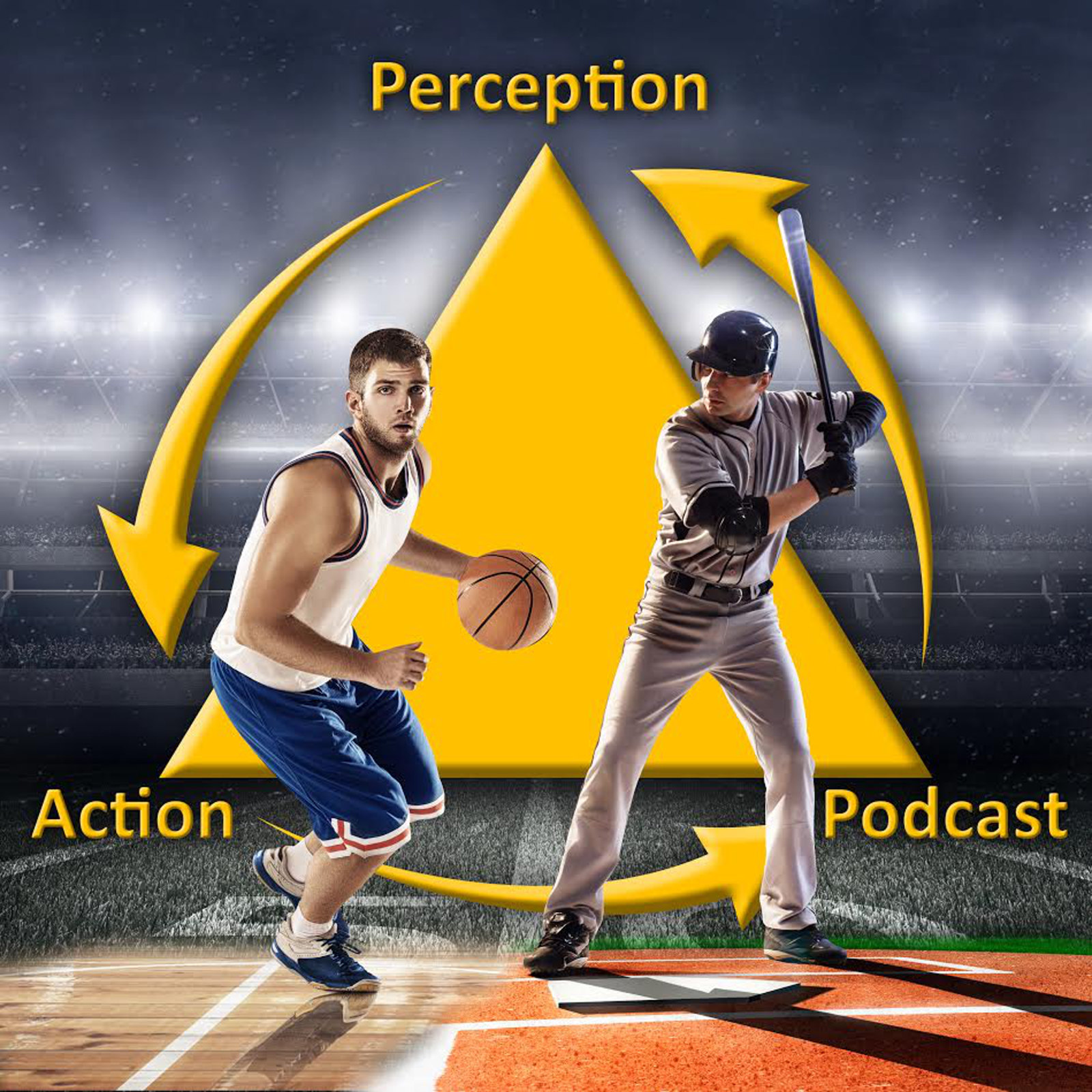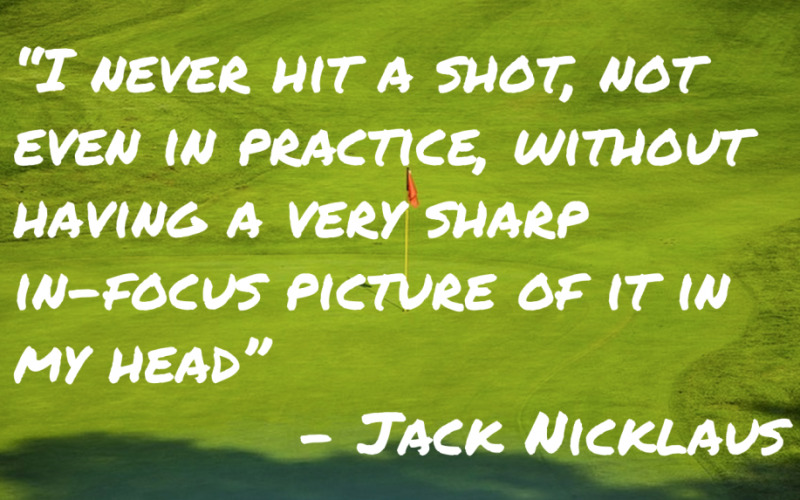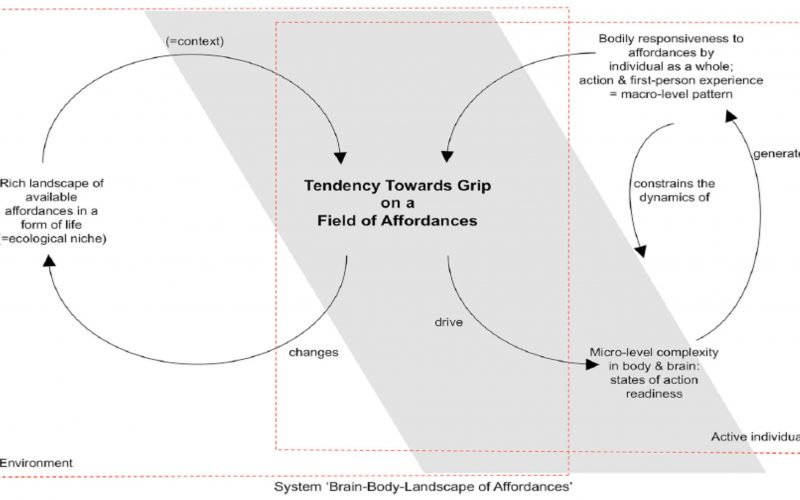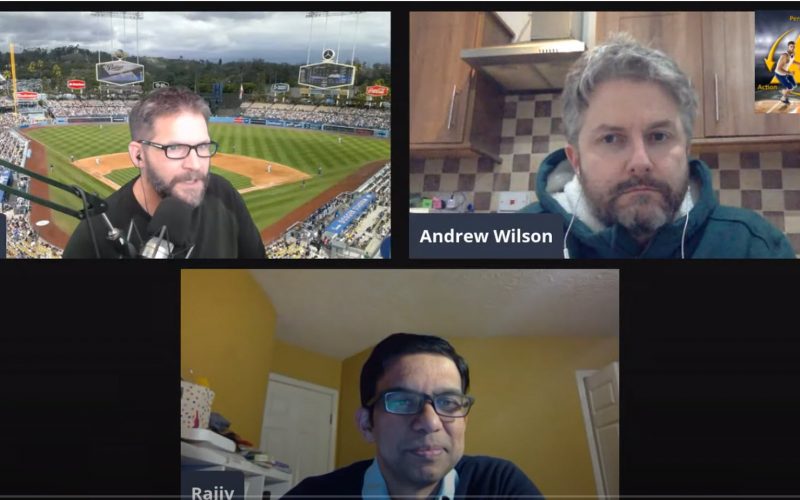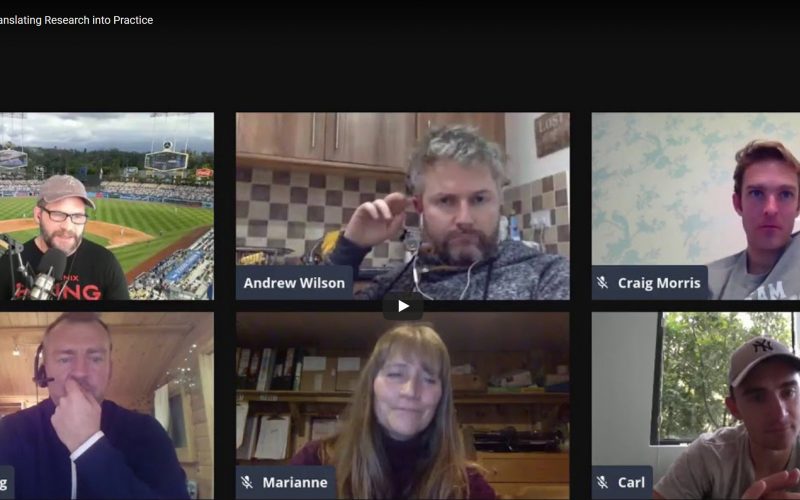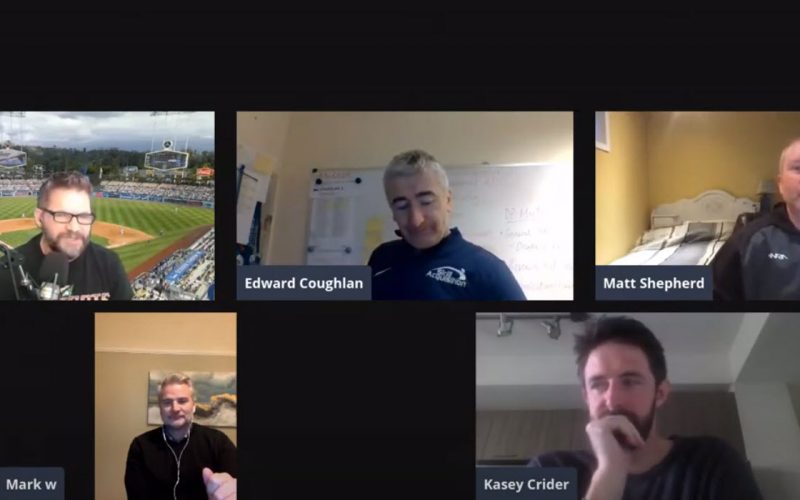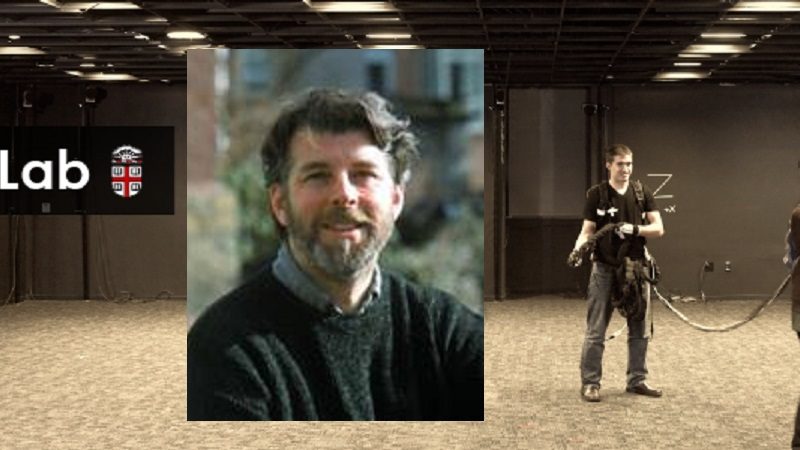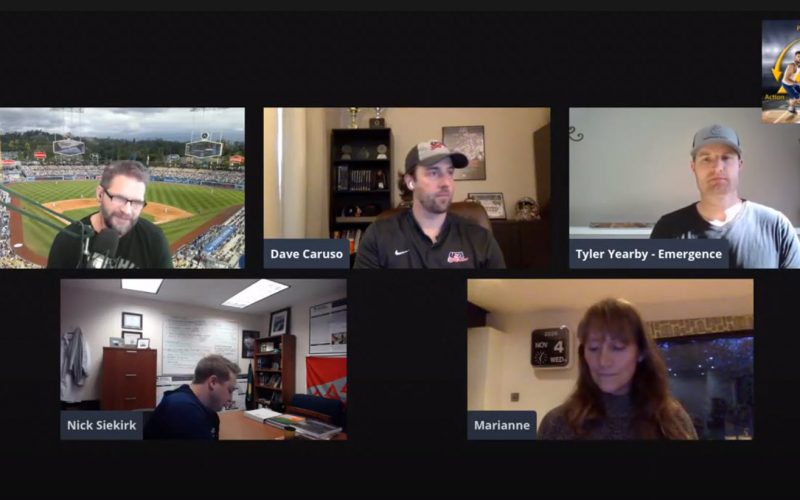338 – Journal Club #27: Positively Advancing the Coaching Science Discussion in 2021
338A follow up to some of the issues we discussed in Journal Club #25. How can move beyond the arguing about methods and theories?Download link More information:Subscribe in iOS/AppleSubscribe in Android/GoogleMy Research Gate Page (pdfs of my articles)My ASU Web pagePodcast Facebook page (videos, pics, etc)Email: robgray@asu.edu Support the podcast and receive bonus content
Read More